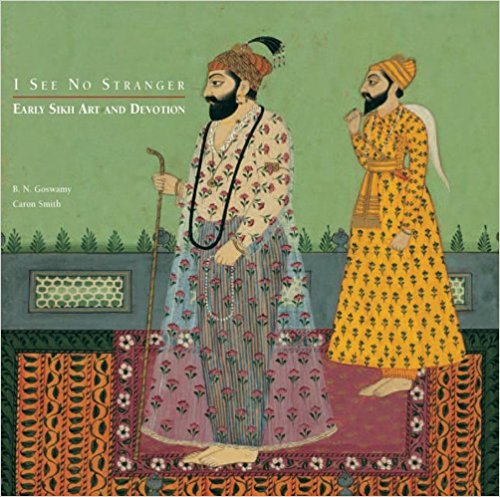The enigmatic title of this book is taken from a beautiful verse that best reflects the spiritual and humanist vision of the Adi Granth, the holy book of the Sikhs. Na ko bairi nahi bigana, sagal sangh ham ko ban ayee. I see no stranger nor enemy: all I see are You, and You are Mine. In Sikh legend, these words were uttered by a bhisti or water carrier who was reprimanded for giving water to the woun-ded soldiers of both armies on the battlefield.
The Sikh gurus, who lived through the transition from establishment and disintegration of Mughal rule, witnessed terrible violence—imposed by rulers on their people; by upper castes upon lower castes; by men upon women; and between Muslims and Hindus. Their gentle wisdom continues to inspire many today, but is all the more remarkable for being a product of those times.
The congregation that Guru Nanak founded, and that grew and was consolidated into a separate sect by the nine gurus who succeeded him, has now crystallized into the Sikh religion. While some date the founding of Sikhism to Nanak’s own time, and others to the tenth Guru, Gobind Singh’s creation of the Khalsa1 in 1699, other historians

